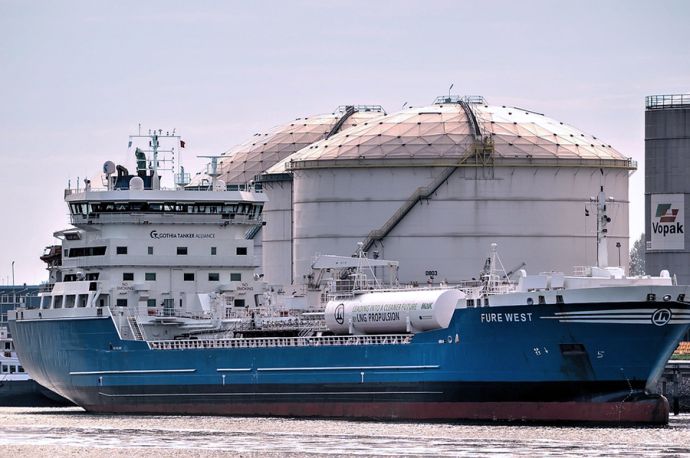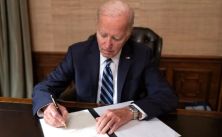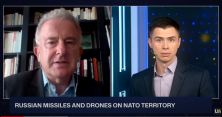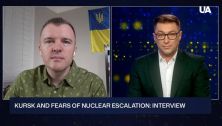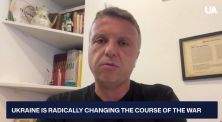Since the beginning of the invasion of Ukraine in 2022, Russia has increased its import of liquefied natural gas (LNG) to EU countries by 40%. This growth is happening despite efforts to reduce supplies and the promise to completely phase out Russian gas by 2027.The Guardian reports this, citing the company Kpler.According to analysts from the company Kpler, which analyzes and tracks maritime tanker transport, it has been revealed that counterparts from EU countries have purchased more than half of the total market volume of Russian LNG in just the first seven months of 2023.The main buyers of Russian LNG are Spain and Belgium. The disclosed data positions these countries as the second and third largest purchasers of Russian LNG after China.”The energy system of Europe, based on fossil gas, is a climate catastrophe and a security risk, financing regimes that fuel war and contributing to deadly extreme weather conditions. Governments must wake up from the reality of our dependence on fossil gas and develop an extraordinary plan to fully phase it out – starting with banning the trade of Russian gas, which lines Putin’s pockets”,- said Jonathan Noronha-Hunt, Senior Campaigner at Global Witness.According to the group’s data, EU countries bought about 22 million cubic meters of LNG from January to July 2023, compared to 15 million cubic meters for the same period in 2021.As noted by The Guardian, Spain and Belgium have referred to such estimates as not correlating with national purchases but merely reflecting the fact that these countries are the main gateways for supplying LNG to the entire continent.Furthermore, it is emphasized that the high import figures are likely a result of a significant portion of traders storing Russian LNG in Spanish and Belgian ports due to the presence of corresponding infrastructure for regasification and unloading at the ports.For instance, Belgian ports of Zeebrugge and Antwerp are considered entry points for 18 markets, including the French and German markets.Since February 24, 2022, when the Russian Federation invaded the territory of sovereign Ukraine and initiated unprecedented gas blackmail, the European Union has been attempting to reduce its dependence on Russian fossil fuel.The EU has imposed sanctions on the import of Russian oil and coal, and introduced a ban for Russian companies to store gas on its territory, as well as investments in the Russian energy sector.In January 2023, Germany announced that it is no longer reliant on Russian energy resources, as its needs will now be met through supplies from other countries, notably Norway and the United States.And in July of this year, the European Commission released data indicating that in the first quarter of 2023, EU member states were able to significantly reduce the supply of oil and gas from the Russian Federation.
However, as it turns out, this does not apply to LNG. According to researchers, the EU plans to import record amounts of liquefied natural gas from Russia this year.The EU is Increasing the Import of Russian Liquefied Natural Gas
Published:
31 Aug / 2023
14:20
